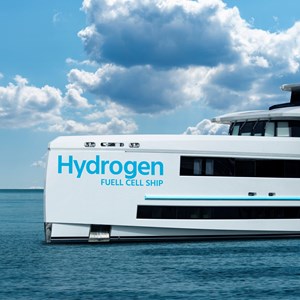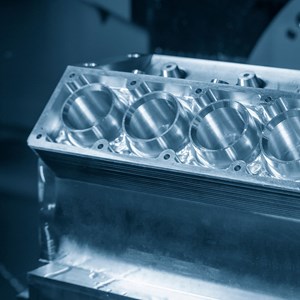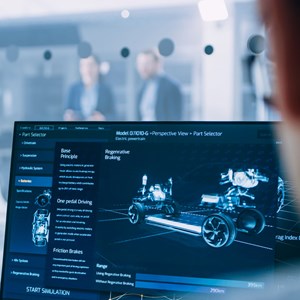NEWS

The European Commission, through the European Innovation Council and SMEs Executive Agency (EISMEA), is funding experts to contribute to the European Fare Information Profile project, a major initiative that will shape the future of multimodal ticketing and fare information across Europe.

The European Commission, through the European Innovation Council and SMEs Executive Agency (EISMEA), is funding experts to participate in the EUDIT project, a new initiative to develop a European Standard (EN) for digital interfaces (APIs) that will transform how transport tickets are distributed across Europe.

The European Commission, through the European Innovation Council and SMEs Executive Agency (EISMEA), is funding experts to contribute to the Cyclinfra project, an initiative to improve the exchange and re-use of digital, machine-readable cycling network data across Europe. The project aims to make cycling more attractive and accessible by ensuring that accurate geographic data on cycling infrastructure is available, interoperable, and easy to integrate into modern mobility services.

The European standardization community recently issued important calls for experts to contribute to two pivotal initiatives poised to shape the future of rail transport across the continent. They focus on the EU Rail Fare Profile and on the Railway Gauge standardization, both of which are critical to achieving interoperability, efficiency, and sustainability within the European rail network.

The CEN Workshop on ‘'Intelligent Road intervention processes(IRIP) was kicked off on 7th October 2024. The Workshop’s registered participants have agreed on the final drafts of the CWAs.

As the use of drones, or Unmanned Aircraft Systems (UAS), grows across industries, the potential for misuse and threats is also increasing, particularly in sensitive areas such as airports, prisons, and critical infrastructure. To address these risks, the new CWA 18150:2024 presents a standardized test methodology that enables a unified approach to detecting, tracking, and identifying (DTI) drones, providing essential guidelines for law enforcement agencies and industries tasked with protecting lower airspace.

This CEN-CENELEC Workshop intends to develop two CWAs related with the automation of road maintenance technologies.

The goal of this CEN/WS is the development of a CWA which provides a set of design and installation recommendations for the arrangement and installation of propulsion systems, using hydrogen as fuel, on passenger ships.

This CEN/WS intends to develop a CWA (Workshop Agreement): Tentative title: ” Aluminium And Its Alloys. Fluidity Evaluation Via Multi Strip Testing Moulds”

This CWA is related to two aspects: the identification of Critical Raw Materials (CRMs) embedded in car electronics and the information sharing among all the actors involved (for several reasons and with different roles) in automotive supply chains. This CWA defines a method to support all the automotive actors in identifying the presence of CRMs in car electronics and disassembling/separating/recycling these components in a proper way. The final aim is improving the recyclability rate of CRMs from cars, create a market for secondary CRMs and reuse CRMs in new high-value applications (possibly within the automotive sector).